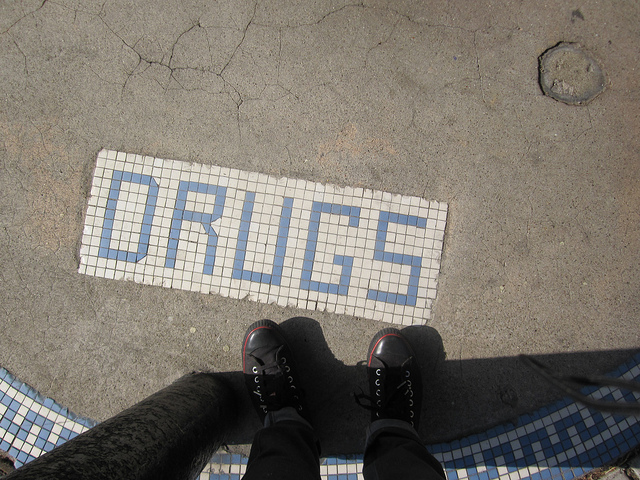More than 30 years ago, to foster drug innovation for rare diseases, Congress passed the Orphan Drug Act. The law helps drug companies make big profits on drugs that treat rare diseases–orphan drugs–which affect fewer than 200,000 people. As it turns out, the Orphan Drug Act also enables drug companies to drive up drug prices, along with profits, whenever they can show that their mass-market drugs treat rare diseases.
One in ten Americans has a rare disease, and there are more than 7,000 rare diseases. But, until 1983, drug companies had no profit motive to develop drugs to treat these diseases. The Orphan Drug Act gives drug companies substantial tax credits and seven more years of monopoly pricing power for drugs classified as orphan drugs after their patents expire. In 2016 alone, according to a Kaiser Health News Investigation, the drug companies received $1.76 billion in tax credits for their development and almost $50 billion in tax credits are projected between 2016 and 2025.
While the law has led to drug innovations to treat rare diseases, it also has led to a number of mass-market drugs being reclassified as orphan drugs, with all accompanying financial benefits. The Orphan Drug Act legally entitles them to these benefits as many times as they can show the FDA that a drug treats a rare disease. For example, Gleevec, a cancer treatment, has nine orphan drug approvals, even though it was originally intended to treat far more than 200,000 people. Novartis, its manufacturer, has successfully sliced up the population into small special needs groups and found ways to show that Gleevec meets their unmet needs.
To date, pharmaceutical companies have “developed” 450 new orphan drugs with billions of taxpayer dollars. Of those drugs, the FDA has classified more than 70 mass-market drugs, including seven of the top ten best-selling drugs, as orphan drugs. Crestor, which helps lower cholesterol, Abilify, which treats schizophrenia and depression, and Humira, which treats rheumatoid arthritis, are all now classified as orphan drugs. It’s no wonder that orphan drug sales are expected to account for more than 20 percent of all brand-name drug sales.
The prices for these orphan drugs are astronomical. The Kaiser Health News investigation reveals that in 2014, the yearly cost of an orphan drug was $111,820 instead of $23,331 for other drugs. Express Scripts, a drug benefits manager, told Kaiser Health News that it currently has four orphan drugs on its formulary with $70,000 price tags for a 30-day supply–$840,000 annually. Twenty-nine more orphan drugs have price tags of $28,000 for a 30-day supply–$336,000 annually. And sales of orphan drugs are growing rapidly, at a projected rate of 12 percent a year.
If you’re wondering why the FDA approves so many-mass market drugs as orphan drugs, the answer appears to be that it has no choice. The Orphan Drug Act gives the drug companies the right to have mass-market drugs reclassified. So, if the FDA denies approval of an orphan drug, its manufacturer is likely to sue the FDA and win.
If you want Congress to rein in drug prices, please sign this petition.
Here’s more from Just Care:
- Online pharmacies can save you a lot of money
- Four things you may not know about generic drugs
- Why doesn’t the federal government ensure reasonable prices for drugs developed with public funds
- Bitter pills: Once popular drugs pulled from the market
- Majority of cancer drugs that the FDA has recently approved don’t work











It’s not just congress. A doctor recently told me to quit taking meds that he had previously told me to take and that were working and start taking a new med. He gave me samples and said he would write me a prescription. I checked with my Medicare Rx carrier and the new med would have cost me up to $300 per month. Needless to say, I’ve had it with that doctor and won’t be going back.
…just another scam that shows Big Pharma is only in the business of making profits for their shareholders rather than actually helping people. Businesses have been brought up on racketeering charges for much less than these corporations get away with. They use our tax dollars and our educational institutions (many of which are publicly funded) to conduct research, manufacture their medications in poor countries to save on labour costs, after which they gouge us, so they can dump millions into bribing Congress and creating slick expensive adverts in the media, then stash the profits they make in tax havens all while whining that they need bigger tax breaks then they already get.
They know very well if they actually sell a cure at a reasonable price, it would put them out of business.